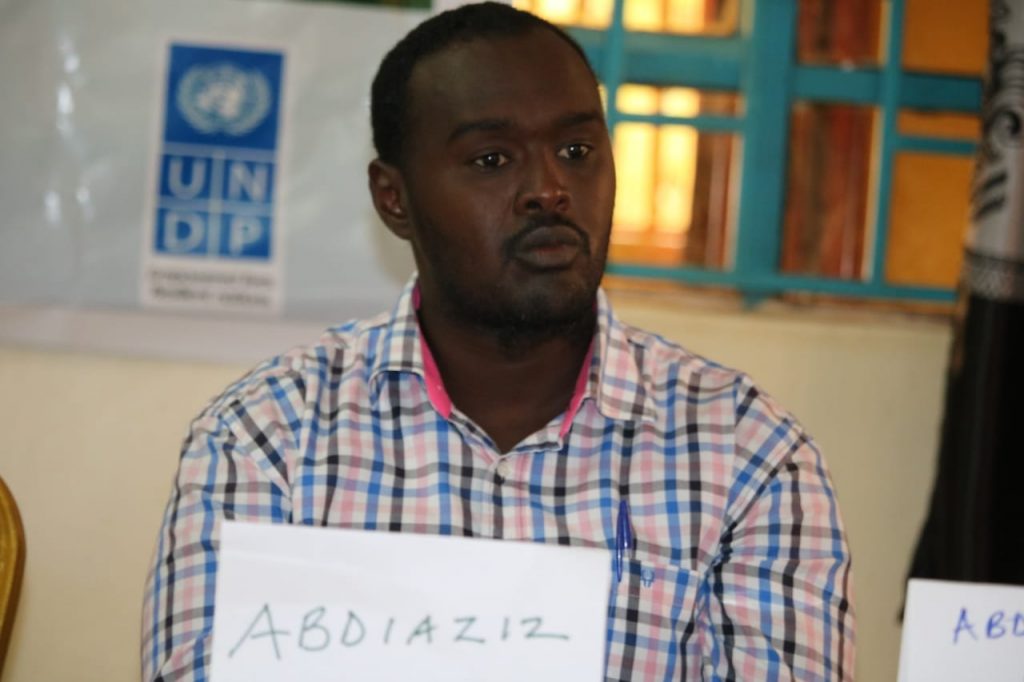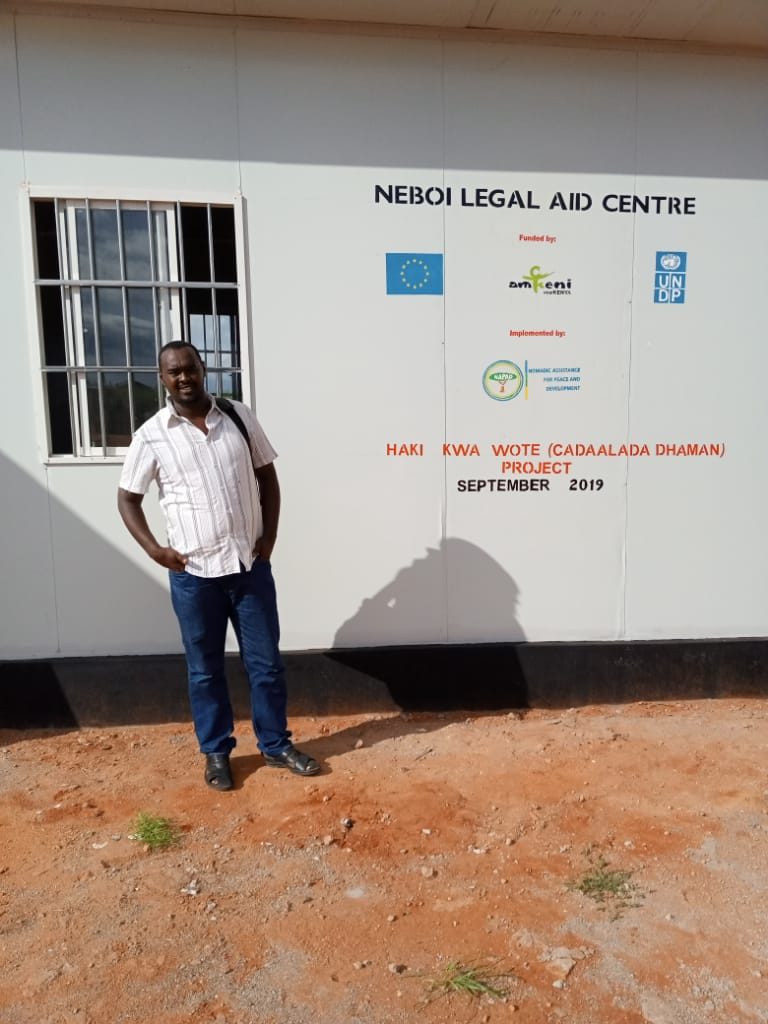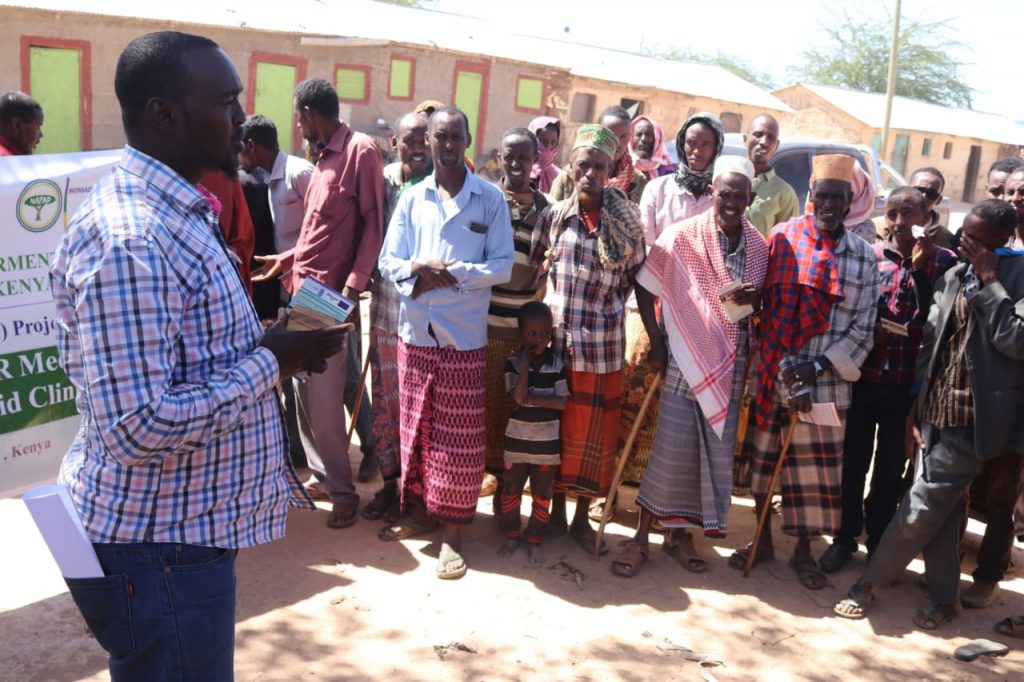COVID-19 has unearthed another global epidemic of gender-based violence and child rights violations. The coronavirus lockdowns have exposed that the most intimate spaces of the home are not always safe places and especially to the girl child.
In Mandera County, Kenya, adherence to some traditions like Early Forced Marriage (EFM) has created challenges regarding children’s rights, and primarily girls. Many girls are pulled out of school every year and married off. They are victims of a tradition in which marriage is done by “restitution” or “exchange.” Mandera Kenya generally consists of patriarchal traditional pastoral communities that view girls purely in terms of the dowry they will bring to the family. Therefore, in times of economic hardships like the one COVID-19 has brought upon, girls are a monetary way out of the difficulties.

Abdinasir Abdiaziz Hassan grew up witnessing systemic injustices in his community in Rahmu Mandera. As a young man, he discerned the extent of everyday illiteracy and societal trappings that continue to affect access to justice for children, women, persons with disabilities, and other minorities. A trained paralegal courtesy of NAPAD, UNDP KENYA, and AMKENI WAKENYA, Abdinasir operates from the Neboi legal aid center. A resource center from which the paralegals offer legal information and guidance. He shares insights on his work:

Our office is within the community, at the chiefs’ camp. In one of our community outreaches, we had raised awareness of paralegals’ work in the community. Therefore, the community members identify the Neboi Legal Aid center as a sought-after refuge for all community problems.
We have witnessed an increased number of early child marriages and gender-based violence during this Corona period when schools have been closed. In the past month, a 16-year-old girl was to be forcefully married off. They began calling me at midnight. I woke up to several messages: “A young schoolgirl is about to be married off, and they have already brought her dowry, what can we do.”
Together with our team of paralegals, teachers, and the area chief, we visited the homestead and had an amicable agreement with both parties to let the girl finish her schooling before any marriage plans. Both parties agreed, and the proposed husband confessed to not knowing the girl was still in school. The teachers promised us that she would ensure the girl stays in school.
Such cases are prevalent, and during this COVID 19 pandemic period, they have intensified with teenage pregnancies also being on the rise. We have received more than 20 cases of teenage pregnancies during this period.
Legal and justice responses to such cases are limited in many places and more-so in marginalized communities. Very few people report such cases to the authorities due to fear of reprisal, lack of knowledge on legal rights, or distrust of the police.
On the other hand, traditional local systems, e.g., the community elders that are more accessible and affordable, are not immune to manipulation by local elites and lean more to the customary laws that are at times harmful.

As community paralegals, we bridge the gap between the community and the authorities, ensuring we maintain peace and protect the minorities’ rights. We utilize rapport and trust to increase access to justice for our communities. Perhaps, most importantly, as paralegals we empower our communities, helping them become aware of their rights and act to advance their interests.
The work of a paralegal is not about any financial reward. On several occasions, we are offered money by perpetrators of injustices, but we always put the victims’ interests first and stand by our policies. We are threatened and ostracized by our families for going against traditions that we deem harmful to our communities, but our quest for justice will not be waned.
